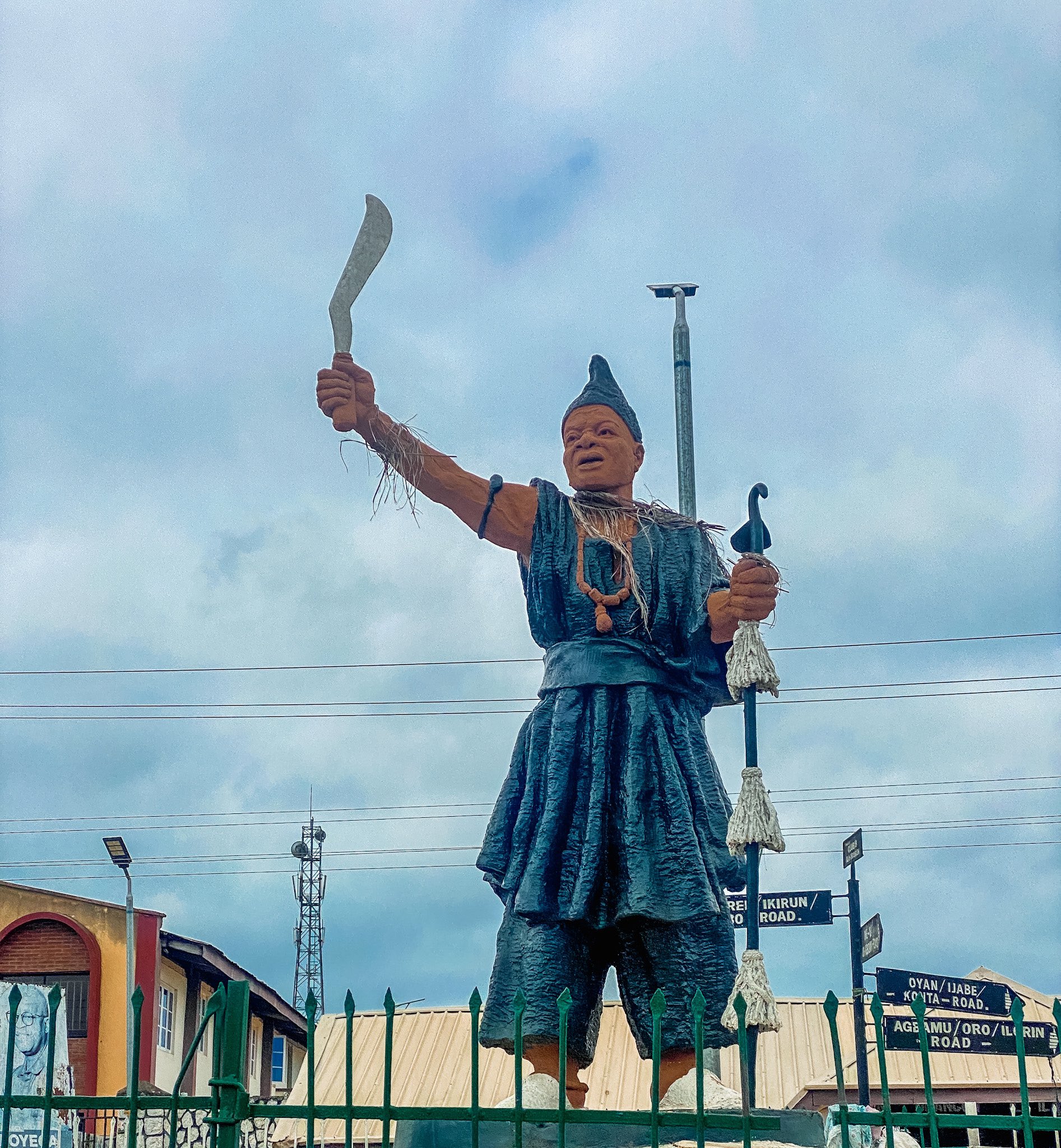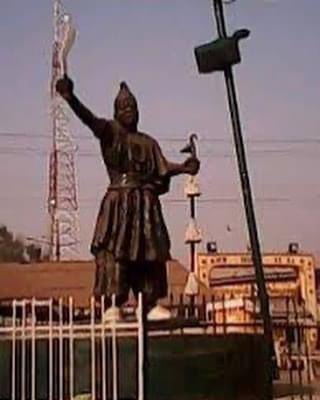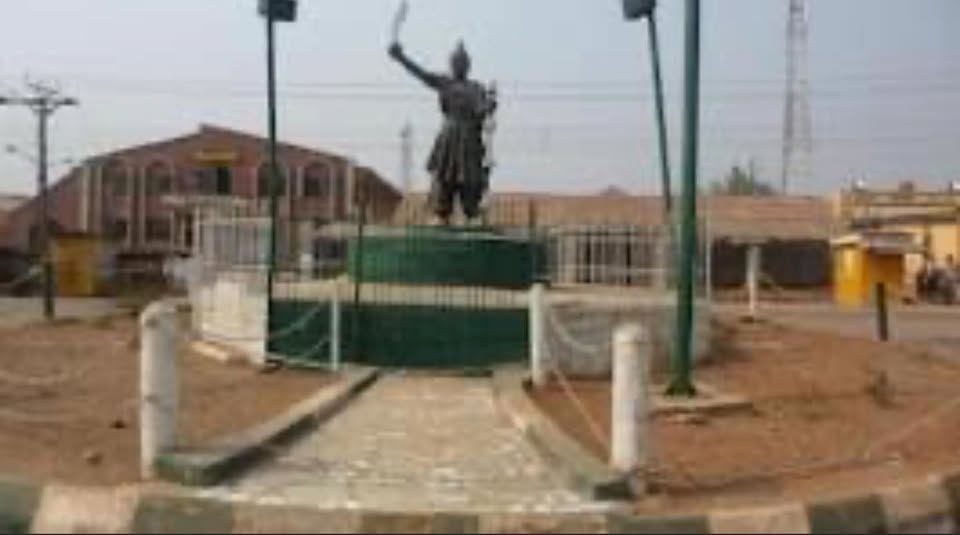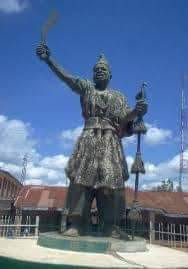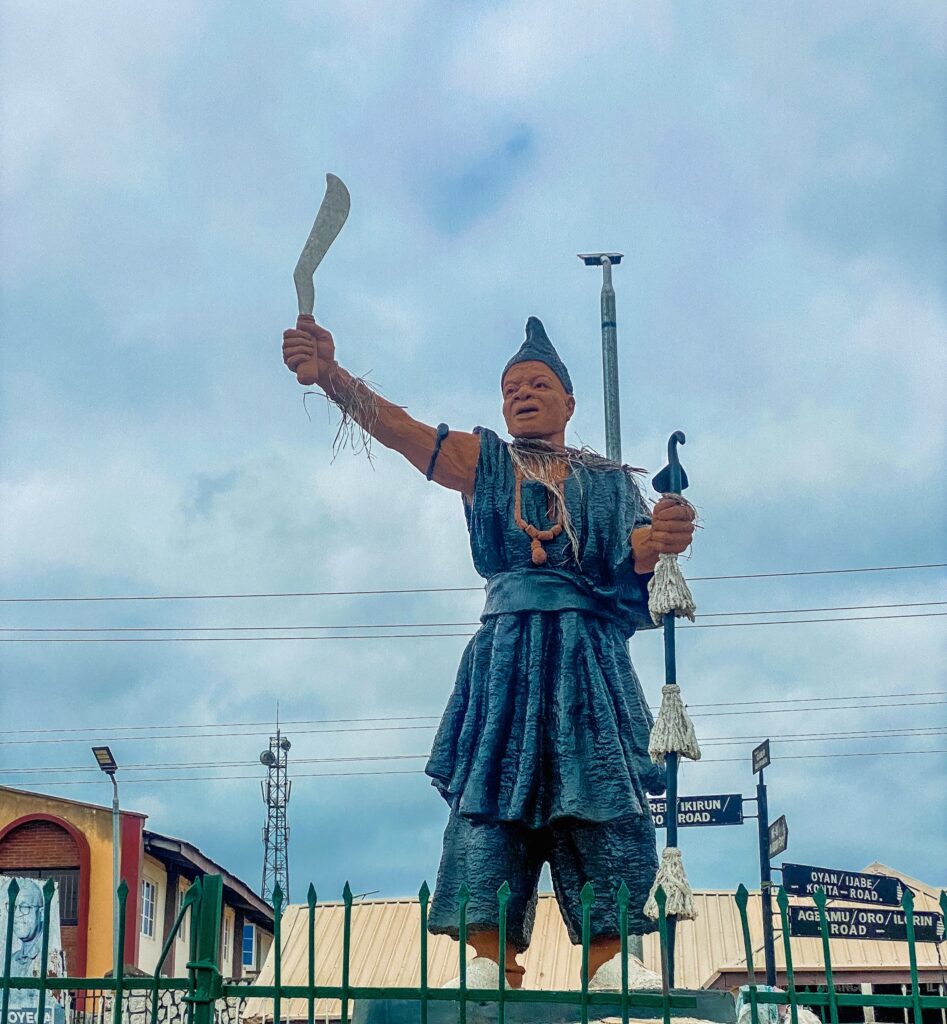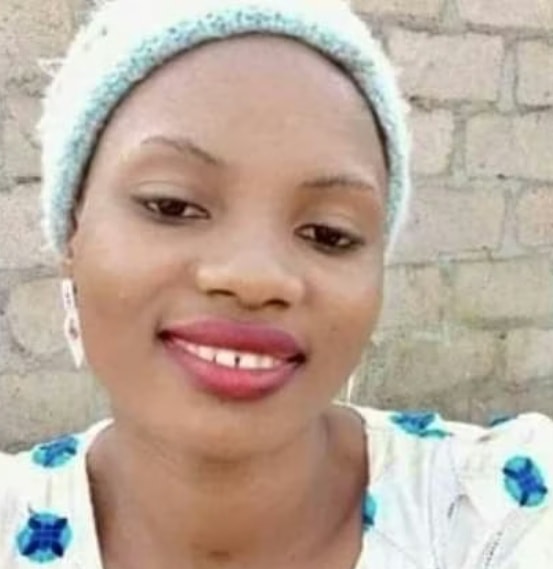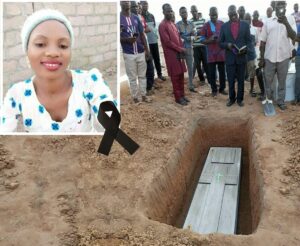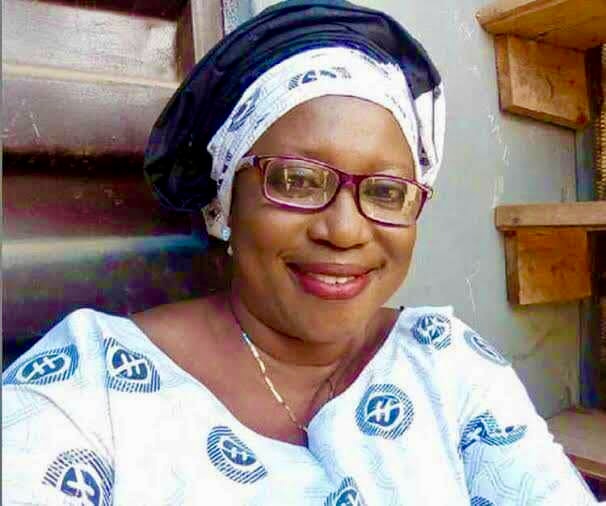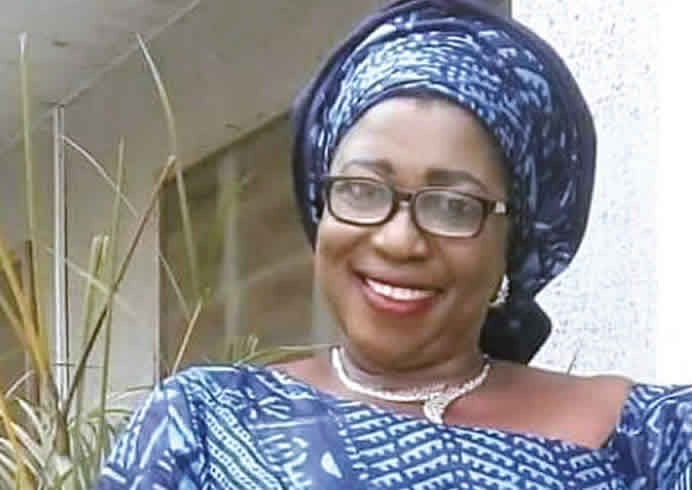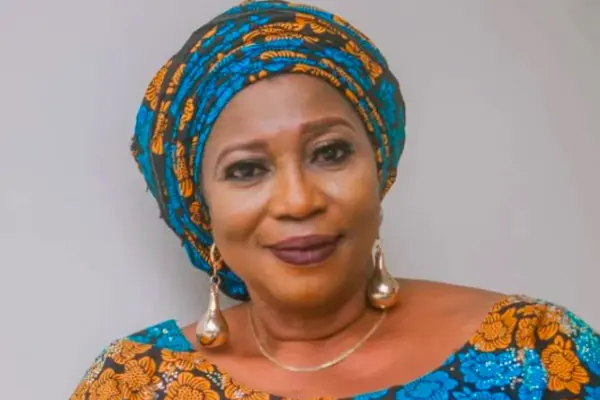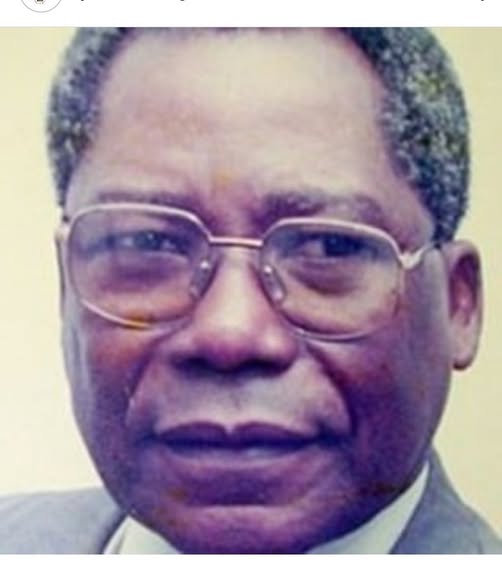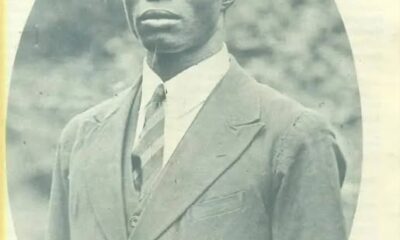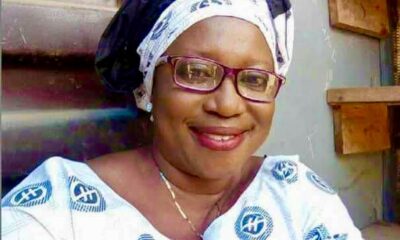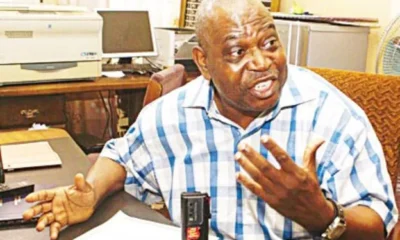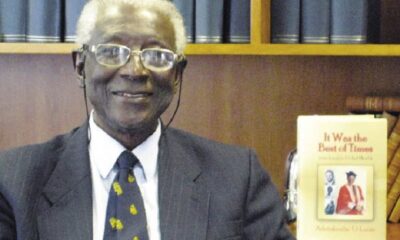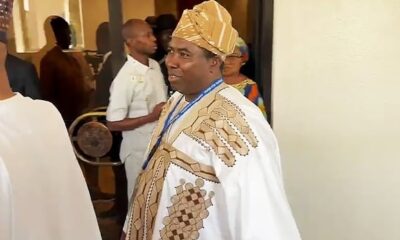Celebrating the life and impact of the man who laid the foundation for Nigeria’s modern insurance industry.
Early Life and Education
Talabi Adebayo Braithwaite was born on July 2, 1928, into a prominent Lagos family of Yoruba descent. His upbringing reflected a blend of discipline, ambition, and a deep desire to serve his nation through professionalism and innovation. Though Nigeria in the mid-20th century had few indigenous figures in the financial and insurance sectors, Braithwaite’s vision and determination would make him a pioneer who transformed the industry.
After completing his early education in Nigeria, he travelled to the United Kingdom, where he pursued professional training in insurance. His commitment to excellence soon paid off — in June 1951, he became one of the first Nigerians to qualify as an Associate of the Chartered Insurance Institute (ACII) in London, a significant milestone that marked the beginning of his historic career.
Breaking Barriers in a Colonial Industry
When Braithwaite returned to Nigeria in the early 1950s, the insurance sector was almost entirely dominated by foreign companies. Local participation was minimal, and there were few trained Nigerians capable of running or managing such businesses. Braithwaite set out to change that reality.
He established T.A. Braithwaite Insurance Brokers & Co., one of Nigeria’s earliest indigenous insurance firms. Through professionalism and integrity, his firm gained the confidence of both public and private institutions, gradually helping to indigenise an industry that had been monopolised by expatriates.
Braithwaite’s success not only challenged existing norms but also inspired a generation of Nigerian professionals to pursue careers in insurance and finance. His name soon became synonymous with credibility and innovation in the world of insurance brokerage.
Leadership and Institutional Legacy
One of Braithwaite’s most enduring contributions was his role in building institutional frameworks for Nigeria’s insurance profession. He became the first president of the Insurance Institute of Nigeria (IIN), the body that would later evolve into the Chartered Insurance Institute of Nigeria (CIIN) — the country’s highest professional body for insurance practitioners.
Under his leadership, the institute focused on training, professional development, and establishing ethical standards to guide practitioners in the industry. Braithwaite’s influence helped shape the institute into a respected body that continues to promote excellence and accountability within the Nigerian insurance landscape.
In 1969, Braithwaite’s exceptional expertise earned him another milestone distinction: he became an underwriting member of Lloyd’s of London, one of the world’s oldest and most prestigious insurance markets. This achievement placed him among a select group of Africans to attain such a position, underscoring his global recognition as an insurance authority.
National Recognition and Honours
For his lifelong service to Nigeria and his pioneering contributions to the insurance industry, Talabi Adebayo Braithwaite was honoured by the Federal Government of Nigeria. In 2000, he was conferred with the title of Commander of the Order of the Niger (CON) by President Olusegun Obasanjo, a national honour reserved for distinguished citizens who have made outstanding contributions to national development.
This recognition not only celebrated his individual achievements but also highlighted the importance of the insurance profession in building a resilient economy.
Later Life and Legacy
Until his passing on May 2, 2011, Braithwaite remained a respected figure in Nigeria’s corporate community. His commitment to ethical standards, professional mentorship, and industry advocacy ensured that the foundation he laid would continue to support generations of insurance professionals.
Even after his death, his influence endures through the institutions he built and the professionals he inspired. The Chartered Insurance Institute of Nigeria (CIIN) continues to uphold his vision of professionalism, education, and ethical practice within the field.
In recognition of his lasting contributions, many industry veterans refer to him as the “Father of Nigerian Insurance.” His name is invoked with reverence at industry events, and his pioneering spirit continues to guide Nigeria’s ongoing efforts to strengthen and expand its financial sector.
References:
Chartered Insurance Institute of Nigeria (CIIN) Archives
Daily Times (Lagos), Historical Business Reports (1950s–1980s)
Lloyd’s of London Records, Member Archive 1969
FOLLOW US ON:
FACEBOOK
TWITTER
PINTEREST
TIKTOK
YOUTUBE
LINKEDIN
TUMBLR
INSTAGRAM

 Lifestyle20 hours ago
Lifestyle20 hours ago
 Lifestyle20 hours ago
Lifestyle20 hours ago
 Lifestyle19 hours ago
Lifestyle19 hours ago
 Lifestyle20 hours ago
Lifestyle20 hours ago
 Lifestyle22 hours ago
Lifestyle22 hours ago
 Videos21 hours ago
Videos21 hours ago
 Politics19 hours ago
Politics19 hours ago
 News21 hours ago
News21 hours ago
